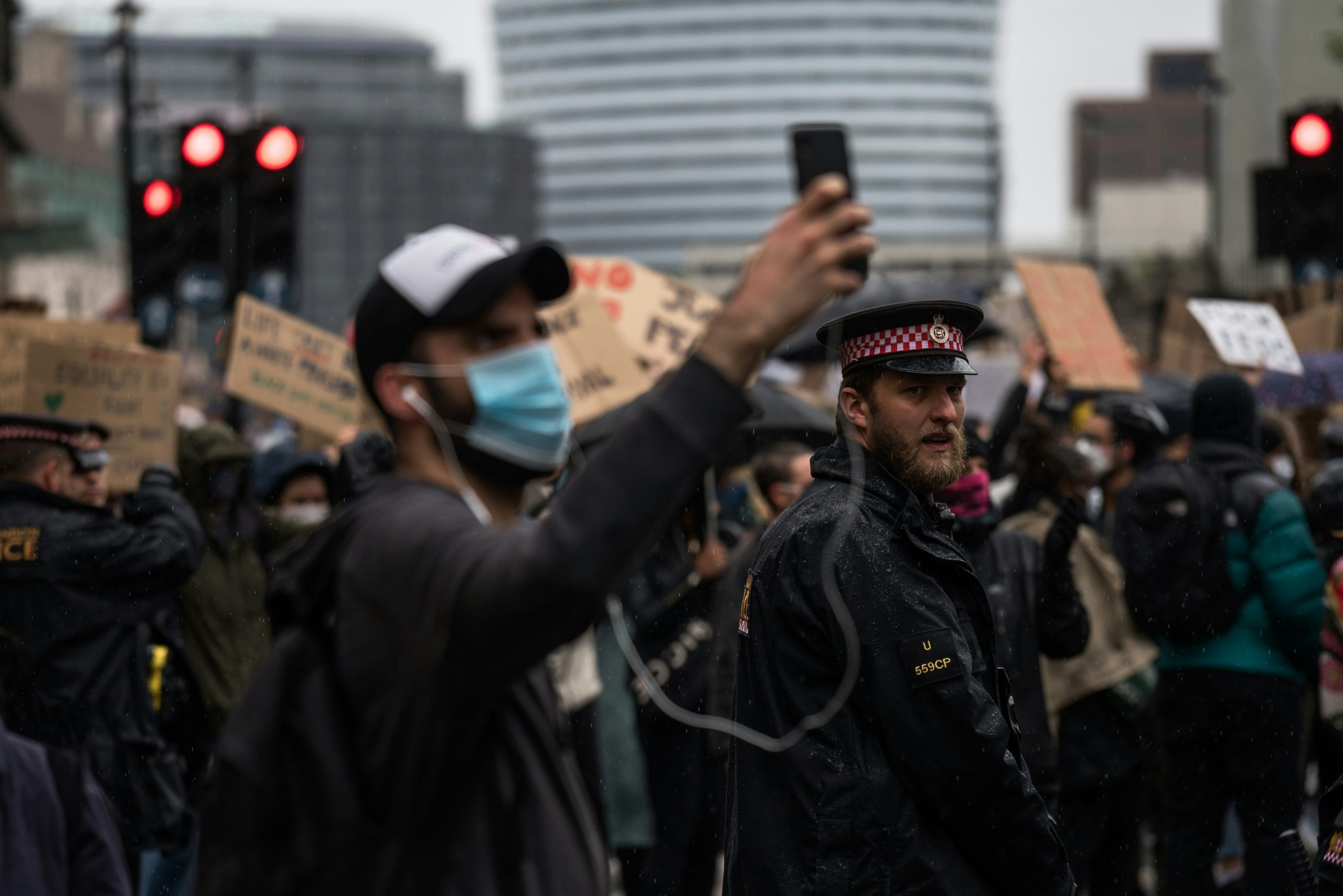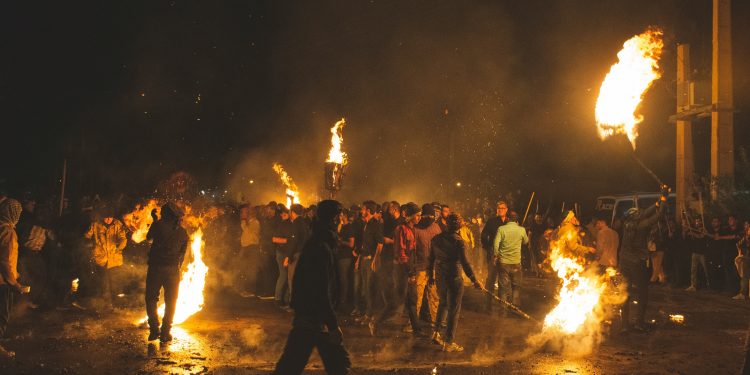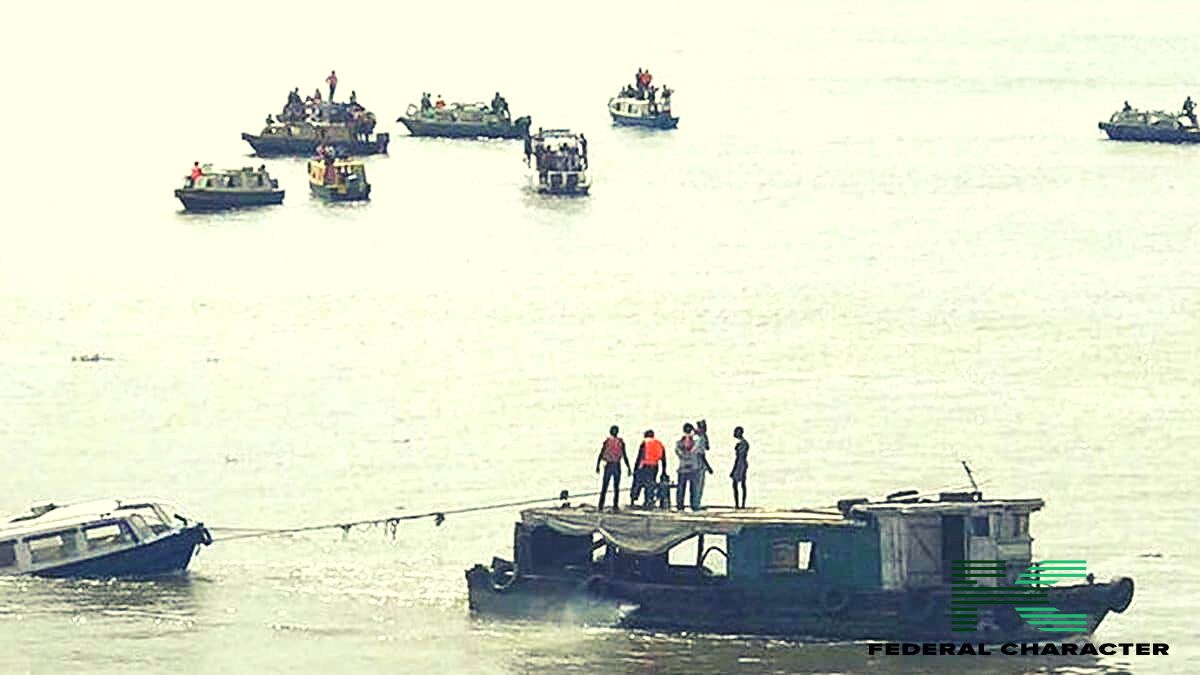The violent protests that have swept across Indonesia, leaving a trail of destruction and at least eight dead, are not just a passing wave of public anger. They are a profound challenge to President Prabowo Subianto’s government and a stark reminder that the deep-seated issues of corruption and police brutality cannot be placated with half-hearted concessions.
The administration’s response—a mix of a minor policy reversal and a firm warning of a security crackdown—is a failure of political leadership. Instead of addressing the root causes, the government is choosing to treat the symptoms with a heavy-handed approach that only risks a deeper, more violent confrontation.
While the protests may have been triggered by a controversial housing allowance for lawmakers and the tragic death of a motorcycle taxi driver, the demands of the student protesters reveal a much deeper and more urgent crisis of governance. As one student leader in Makassar stated, the demands go far beyond cutting perks; they call for comprehensive police reform in Indonesia.

This echoes a long history of student activism, where youth movements have served as a moral force against corruption and authoritarianism. The government’s decision to promote the very police personnel injured during the riots, while hundreds of protesters remain detained, is a slap in the face to a public demanding accountability. This tone-deaf response only serves to inflame tensions and reinforce the protestors’ core grievance: that the system is broken and protects the political elite.
President Prabowo must realize that a strategy of appeasement mixed with threats is a recipe for disaster. The current approach, which has already led to significant political instability in Indonesia and unsettled financial markets, is unsustainable. To prevent further violence and restore public trust, the government must adopt a new approach.
First, it must shift from issuing top-down warnings to engaging in genuine and transparent dialogue with student and civil society leaders. Second, it needs to take meaningful action on police reform. This includes a full, independent investigation into the recent deaths and injuries, and a commitment to holding officers accountable for misconduct.
Finally, the government must address the economic impact of the Indonesian protests by demonstrating a clear plan for tackling corruption and alleviating the economic hardships that fueled the initial discontent. A truly stable Indonesia is not one where dissent is suppressed by force, but one where the government earns the trust of its people through accountability and meaningful reform. Anything less is just delaying the next crisis.

















